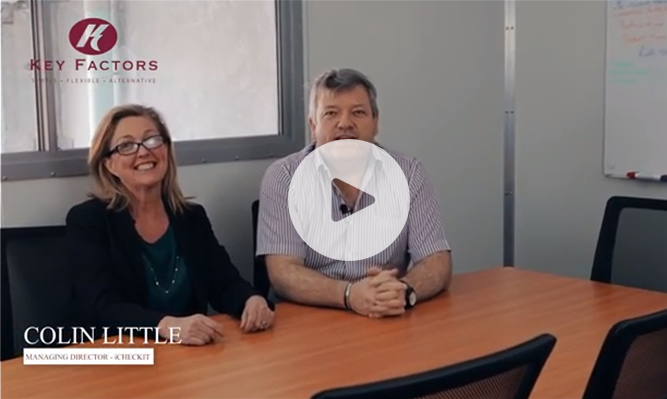End of Financial Year Tips
By Ram - Jan 19 2024
The end of the year is a great time to reflect on the financial part of your business over the past year. It’s also time to start thinking about tax obligations, financial decisions, and changes to effect in the coming year. This can be a confusing time for many businesses because of the many moving parts that businesses have to deal with at the end of the year. This guide gives you some of the best end-of-the-year financial tips you should consider.
Review your financial statement
Your end-of-year outlook should always start with a review. Your financial statement is a good place to start. Of course, this means keeping accurate and up-to-date statements throughout the year. These will help you identify potential issues and pitfalls where you can cut back on spending or wastage to improve your income or make other necessary adjustments.
Claim deductions
Claim all the deductions you qualify for. Include as many expenses as possible. Some of the common areas where you might be due for deductions include office supplies, travel and other office or manufacturing finance equipment. Deductions are a great way to boost your bottom line. Unfortunately, most companies leave it out, which ultimately means leaving a decent amount of money on the table that you could use to meet some of your financial obligations at the end of the year.
Consider asset purchases
Starting your end-of-financial-year operations has one huge benefit. It shows you the financial power of your business. If you’ve considered purchasing new assets, the financials will show if you can do it. If you’re considering purchasing new assets, doing so before the end of the financial year has benefits. It allows you to claim depreciation on the assets in the current financial year. Saving you money on purchases and taxes payable.
Understand changes in tax laws
During the year, your focus is mainly on the business. Some tax law changes might have slipped your fingers. The end of the financial year is a good time to sit down and catch up on any changes in tax law that might affect your business. This will help you ensure that you’re complying with all relevant regulations. It might help to have an accountant on payroll or at least outsource one occasionally if you find keeping up with the changes too much. This will ensure your business is compliant and save you from the excessive fines and fees that come with not filing your taxes correctly.
Plan for the next year
There’s no better time to develop a plan for the next year than during your end-of-financial year review. With a clear picture of your financials and how your business was the past year, you can finally start thinking ahead. You can set goals and develop a budget to help you achieve them. You can also spot areas of improvement, particularly on expenditure, that you can improve to improve your cash flow or operations.
Reconcile your accounts
Another important tip you shouldn’t forget during your end-of-financial-year analysis is reconciling your account. This should be done before the end of the financial year for several reasons. First, it will help you identify any discrepancies in your finances and loopholes. The second is that it ensures your financials are accurate and that the systems are working. If you discover any discrepancies, you can work on ways to correct or eradicate them and include them in the plans for the next financial year.
Why not also read: Invoice Factoring Vs Discounting
Take a second look at your insurance policies
Taking a second look at insurance policies is often overlooked by most businesses. However, it is a crucial step for businesses that want to be risk-averse. Because of the growth in your business, you should always check to see if your business will help you protect your assets and mitigate risks. Skimping on your insurance coverage could have catastrophic effects and expose you to liabilities in case of accidents or emergencies within the workplace.
Get professional advice
You should consider getting a professional to help you with your finances or tax obligations. This is particularly so if you don’t have a firm grasp on finances and tax laws. An accountant or financial advisor might help lessen the burden and ensure your business is compliant and meets all its financial obligations.
Keep accurate records
The end of the financial year is now the time to keep accurate records. But during this review, you can identify areas that need improvement and make it a point to ensure that you keep proper, up-to-date records of all your financial transactions throughout the year. This will make it easier to complete your tax returns, understand your finances, and ensure you are compliant with all the relevant regulations. If you find it too tedious, consider adding a bookkeeper to your payroll to help you with the record-keeping.
Closing Remarks
The end of the financial year is an important time for all businesses. It is a “moment of truth” period that helps businesses determine whether they are making progress and areas where they should tighten up to improve their margins. It’s also a “moment of reckoning” for some businesses. It is the perfect time to make strategies for the next year and ensure you are doing your absolute best to grow the organisation and its workers.
With these tips, you have some of the core points to focus on during the end-of-financial year review and some of the areas you should focus on during the review. Additionally, your business should make a thorough end-of-financial-year review a habit. It will help you identify potential issues and discrepancies early and fix them quickly.

